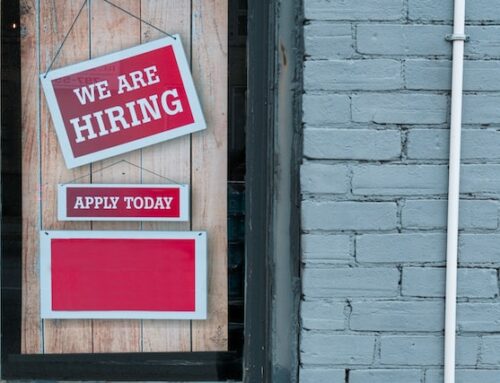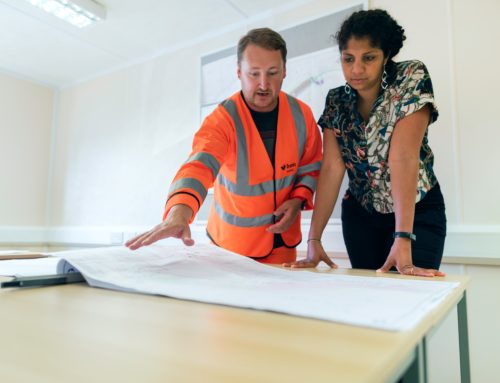When you hear “interview mistakes” you might immediately focus on the candidate—after all, they are the ones trying to land the job. But it’s definitely a two way street. If you want to attract top talent, you need to make sure that you are also doing your part when it comes to interviewing and recruiting.
Mistake #1: Not Respecting the Candidate’s Time
Everything that happens in an interview will be seen as an indication of what a long-term professional relationship could potentially look like. Candidates want to know that, if they are to work for your company, they will be seen as an important and respected member of the team. By being late or ill prepared for the interview, you tell an interviewee that they don’t matter to you. You expect them to show up professionally put together and with smart questions ready—shouldn’t you show them the same courtesy?
Mistake #2: Relying Too Much on the Script
You’ll likely have a list of questions that you want to make sure that you cover during the interview—and that’s great. Just make sure that you keep your eyes and ears open for opportunities to ask follow-up questions that can add more depth to the discussion. Having a fluid conversation will help the candidate open up and give you a better sense about who he or she truly is as a person; this will allow you discern whether or not they would be a good cultural fit within your organization.
Mistake #3: Focusing Solely on the Candidate
It is certainly important to make sure that you have a good sense of the interviewee’s work experience and skill sets, but you also need to dedicate some time to talk about the company. The candidate should already know a lot of information based on your website and any connections he or she may have, but you’ll want to give them more of the “inside scoop.” Try not to be too boastful, and give a true representation of what it’s actually like to work for your company, otherwise you might end up with a disgruntled new employee.
Mistake #4: Evaluating the Wrong Factors
Chances are that your company has a number of different teams and departments, all of which may prioritize different skills or qualities in a team member. One set of criteria will not work for your entire organization. Make sure that you talk to the individuals that will be working directly with this new employee so that you are evaluating the best factors for the job at hand.
Mistake #5: Giving Too Little Communication
This goes back to respecting the candidate. Be sure that you give a good sense of your timeline for the hiring process. Transparency is important, not just for the candidate, but for your company as well. If they don’t hear from you for two weeks, and then you decide you want to move forward, you may discover that they are no longer in the market, which wastes company time and money—not to mention you may have missed out on a fantastic employee.
Ready for the Next Interview?
There are a lot of mistakes that companies make in the interview process that result in the loss of high-quality candidates—many of which can be avoided by merely treating interviewees the way you expect to be treated. By taking into account the above, you can help increase your chances of a successful interview.
Copyright: <a href=”https://www.123rf.com/profile_racorn”>racorn / 123RF Stock Photo</a>









